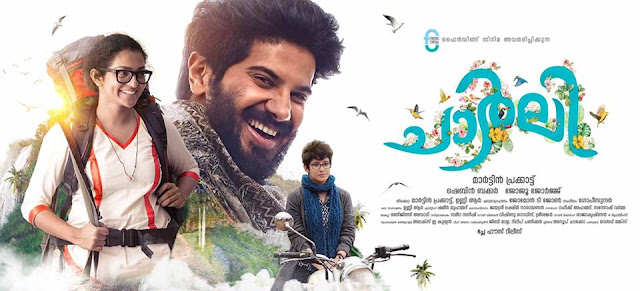The Betrayals by Bridget Collins
This was an unusual choice of a read for me as this is indeed a far-cry from the usual crop of SFF on my pile of TBR's. But I chose to listen to the audio-book version of the same as I was intrigued by the back-blurb and wanted to check out Bridget Collins' work, that came highly recommended.
So The Betrayals is Bridget Collins' sophomore work in adult literature, after having successfully debuted with her previous work, The Binding. It's set in an indeterminate time-frame (around '30's or '40's) in an un-named country ( that perhaps resembles rural France or England or a mix of the two thrown in) ruled almost tyrannically by 'The Party'. Featuring three main protagonists, all three of them with their own connected web of lies and past secrets that enmesh together to form a twisty narrative set within this old residential school campus in a hilly town called Montverre. The story revolves around this 'game' called Grand Jieu, which is an abstract amalgamation of music, mathematics and philosophy that the School has been famous for and which has become, sort of, a national cultural phenomenon.
We see the story unfold through the eyes of three POVs. There is Leo Martin, an up and coming ambitious politician who has unfortunately hit a roadblock with the 'Party's' senior high command ( The Prime Minister) due to his latest liberal comments on an upcoming bill, and thus, is sent in exile back to his alma-mater, Montverre, to bide his time. Also to perhaps, keep an eye on the inner workings of this school, whose most famous export to the world is the 'Grand Jieu', an abstract game that is held in high regard in the higher echelons of the society. ( This is Bridget's homage to the Glass Bead Game by Herman Hesse) Then there is the Magister Luidi, a position for the first time in the history of the School, held by a woman - Claire Dryden, a brilliant, if eccentric, lady whose razor-sharp intellect and social awkwardness make her an outcast, even in this school of scholars and nerds. And lastly, there is the Rat, a mysterious misfit who roams the dark corridors of the school, shunning everybody else and believes herself to be a rat, a survivor.
With Leo coming back to the school, memories and wounds are opened up afresh. He remembers his competitive mean spirit, trying to outdo the smartest boy in his class, another insufferable incorrigible genius who thinks everyone else to be his enemy or his inferior. This part of the story was perhaps, the most enjoyable aspect of the multiple narratives. ( presented through the pages of Leo's diary) The writing is fresh, energetic and I enjoyed the school-boy banter, the tricks, the bullying and the intense competition and jealousy between the two "star" boys of the school, paired together to submit a 'grand jieu' game for their finals. When it came to the present, where the mysteries and 'betrayals' of the past will now come to fore, the writing and the narratives became a little more cloudy and slower. There is a brewing love-story in the shadowy alcoves of this school and we cannot wait to get to it, already.
Bridget apparently is known for throwing her readers into the deep end, without lowering a rope for their rescue and this was pretty evident in the manner in which the deep dark academia world of Montverre and the mysteriously alluring charm of the inexplicable Grand Jieu is introduced. The game is still an enigma for me, unexplained but perhaps the read is all the more charming for it. The opening is dark, almost gothic as we are introduced to the character of the Rat, a girl who hides in the shadows of the school corridor and scrounges for food, and believes herself to be a rat, to survive this cruel bleak world. We know there is something dangerous lurking, just beyond the corridor and cannot wait to confront the same. But Bridget takes her time setting up things, going deep into Leo's unreliable memories through his scattershot diary, setting up the resentment of Magister Luidi whose character cannot decide whether she loathes the political scapegoat or just pities him. But the end result is a somewhat satisfying read that dares to throw a lot of interesting questions at the reader, across a multitude of topics like gender equality, the role of women in society and the future of humankind itself, consumed as we are by the ideas of ultra-nationalism etc.
The fascist background to this story, with the men who decide the policies of this country, is deftly painted up. And it adds and sharpens the moral dilemma that the characters are faced with, throughout the narrative. I liked how the various threads started to connect to give us the readers, the first look at the shape and spread of that overall tapestry that eventually formed out. It's a heady mix of a lot of elements, some fantastical, most a pointed commentary on the ego of the human race. A sort of under-developed lit-fantasy that flashes the light onto the murkier depths of an imagined society that could very well be where we are headed to, in the future. Recommended.




Comments